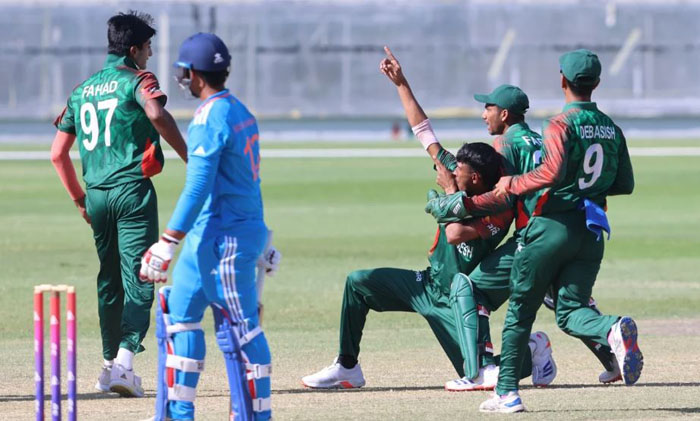
Online Desk: Since 1989, Indian-occupied Kashmir has been a hotspot of human rights violations, with over 90,,000 +people killed, 10,000 subjected to enforced disappearances, and more than 7,000 extrajudicial killings, according to the Jammu and Kashmir Coalition of Civil Society (JKCCS). Unmarked and mass graves, spread across the region, serve as grim evidence of decades of unaccountable violence. Sexual abuse and torture have been systematically employed as weapons of war by successive Indian regimes, contributing to the suffering of Kashmiris. Despite international frameworks such as the Universal Declaration of Human Rights (UDHR) of 1948, which guarantees the right to self-determination, these rights remain denied to the Kashmiri people. Over the past 35 years, they have endured systemic repression, restrictions on freedom of expression and association, and a pervasive denial of basic freedoms, worsening the human rights crisis in the region.
Indian forces have frequently resorted to the use of shotgun pellets as a crowd-control weapon in Kashmir, causing devastating injuries, particularly among young men and teenagers. From 2010 to 2011, 100 pellet injury cases were treated at Soura Medical Institute. Between 2016 and 2019(before 5 Aug), 11,400 were injured, 2,000 faced severe eye damage, and In the last seven months of 2016 alone, 1,100were injured, 782 suffered eye damage, and 80 killed. After 2019, 584 were injured, with 24 losing eyesight.
International human rights organizations, including Amnesty International and Human Rights Watch, have documented severe human rights abuses in Kashmir. Amnesty International’s 2021 report, “The Unseen: A Report on Human Rights Violations in Jammu and Kashmir,”highlights the extensive use of pellet guns, leading to severe injuries and blindness among civilians. The Armed Forces (Special Powers) Act (AFSPA) of 1990 grants security forces sweeping powers to arrest and kill without accountability, overriding the right to life. Human Rights Watch’s 2020 report
Since the revocation of IoK’s special status on 5 August 2019, the BJP government has initiated measures to alter the region’s demographics, favoring Hindus in the Jammu region. Over 500,000 domiciles have been granted to non-Kashmiris, and non-natives are now allowed to purchase properties. Delimitation exercises and four bills introduced in the Lok Sabha aim to increase job, education, and assembly representation quotas for Jammu, suppressing Muslim voices in IIOJK’s legislative and administrative processes. Authorities have identified 178,005 acres of allegedly encroached state land in Kashmir and 25,159 acres in Jammu, undermining historical land rights under local laws. In July 2020, amendments to the Jammu and Kashmir Development Act allowed land acquisition for “strategic areas,” enabling military control over 56,615 acres, including ecologically sensitive land. By 2023, 193 properties were attached, highlighting the accelerated suppression and marginalization of local communities.






